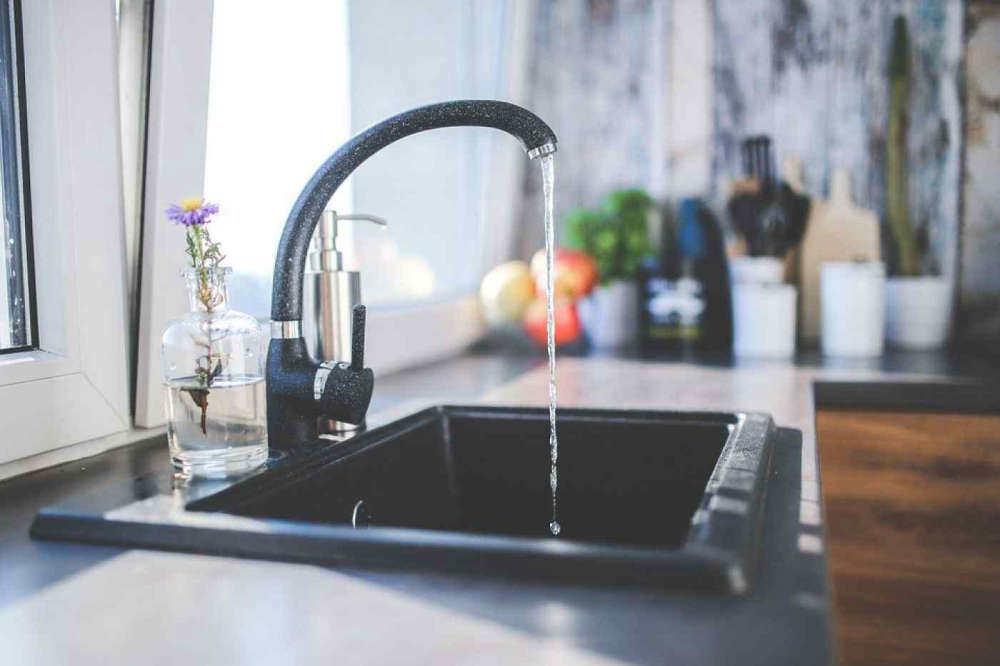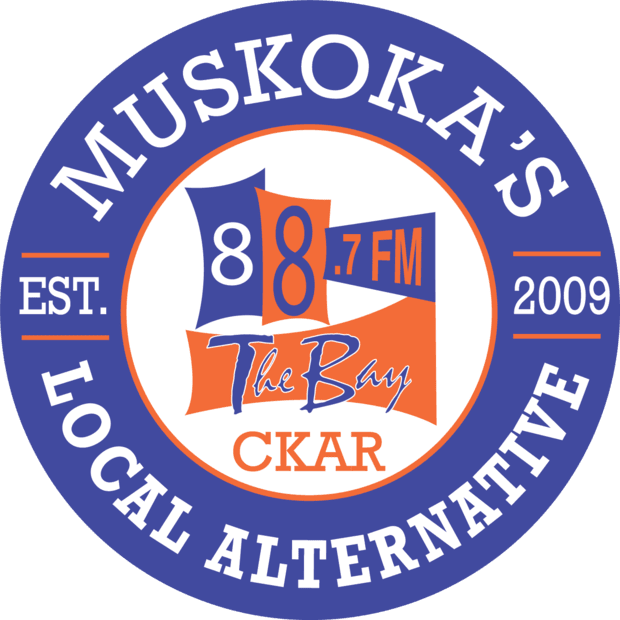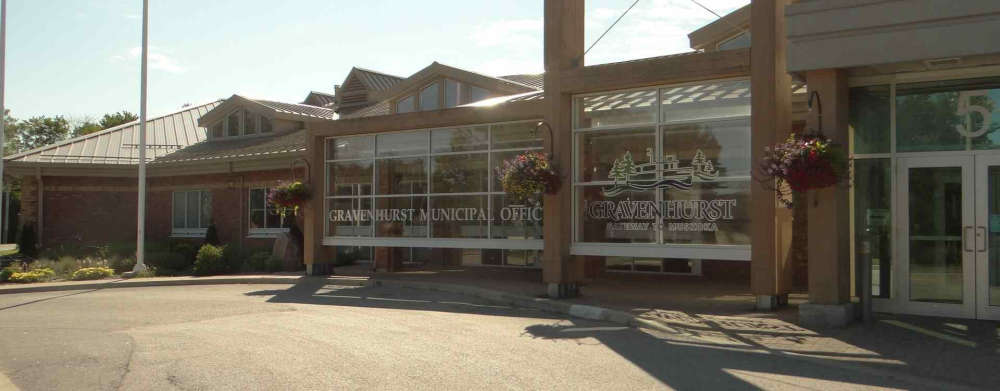
The program affects institutions, industries, commercial, and applicable multi-residential properties
The District of Muskoka staff announced that enforcement is the next phase for the Backflow Prevention Program (BPP), in the September 15, 2025, Council meeting.
According to the staff report, the program began in 2021 to establish backflow prevention and cross connection control requirements for institutions, industries, commercial, and applicable multi-residential properties.
It explains that the program was created “to manage risk of water backflowing from private plumbing into MDWS [Municipal Drinking Water Systems], potentially introducing contaminants.”
The first step was an “education-first” approach to create awareness and engagement, including a public survey and distributing letters to approximately 1,210 property owners between October 2023 to February 2025.
“To date, 537 property owners have installed or upgraded devices, representing a compliance rate of 44%. The remaining 55.6% of properties represent an ongoing risk to municipal drinking water systems and public health,” continues the report.
Enforcement steps will focus on firm timelines and increased engagement, including hand-delivered notices by staff, so they can interact directly with property owners to discuss the program and compliance requirements.
Compliance timelines include a survey completion within 60 days, 90 days for device testing, and 180 days for device installation or submission of a contractor schedule.
Additional staff may be required as they continue to implement the enforcement phase.
Staff reported, “Costs of program administration (and investments required by property owners) are modest compared to the potential costs of non-compliance, which could include contamination events, boil water advisories, loss of public confidence, and significant regulatory consequences.”
Councillor, Don Smith, raised a concern about fairness of smaller facilities with less use versus larger ones and the possibility of investigating some kind of relief program. He said, “When you look at these small groups it is quite onerous and quite burdensome.”
Commissioner of Engineering, James Steele, said that staff can return with program ideas for small organizations, even though “they can still have a big impact on water systems,” such as the case with a car wash.
Smith replied that many small organizations, such as churches, are “not in a taxable position…and there’s no comparison between that and a car wash.” He added, “It just doesn’t add up. That needs to be looked at.”
Councillor, Rick Maloney, indicated that the issue is more about a balance between fairness and compliance, given the 55% non-compliance rate.
Councillors also discussed evaluating properties based on risk rather than size.
Staff indicated that once surveys have been completed, they can more readily assess risk levels and what may be required.
Smith created an amendment recommending that staff create a rebate program for not-for-profits “to be funded by the general tax base” for Council consideration in an upcoming meeting, which was approved.
According to the report, staff will also return with the enforcement results and seek approval for further measures to be implemented as necessary, such as issuing fines and/or shutting off water supply to properties.



 Flash freeze warning in effect
Flash freeze warning in effect
 Have coffee with a cop this Thursday
Have coffee with a cop this Thursday
 New winter parking by-law provisions approved for Gravenhurst
New winter parking by-law provisions approved for Gravenhurst
 Police charge two with drug offences
Police charge two with drug offences
 Dolly Parton Imagination Library expanding in Muskoka
Dolly Parton Imagination Library expanding in Muskoka












Comments
Add a comment